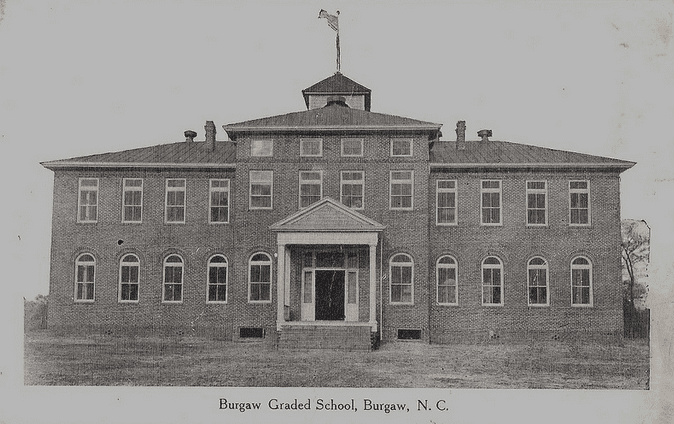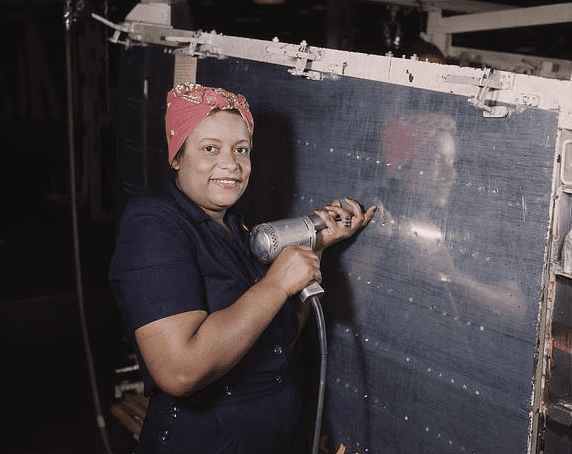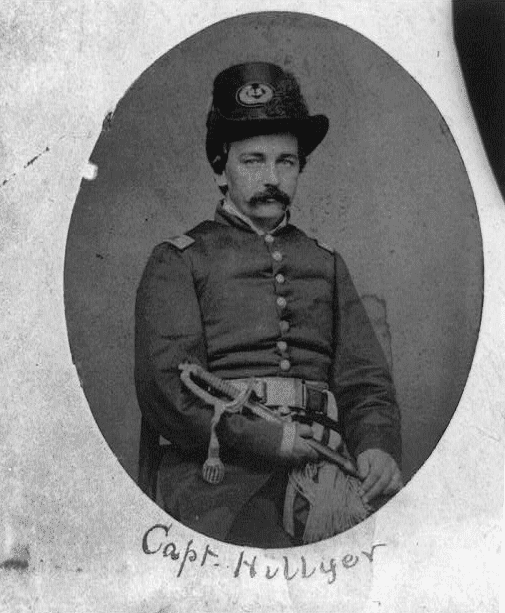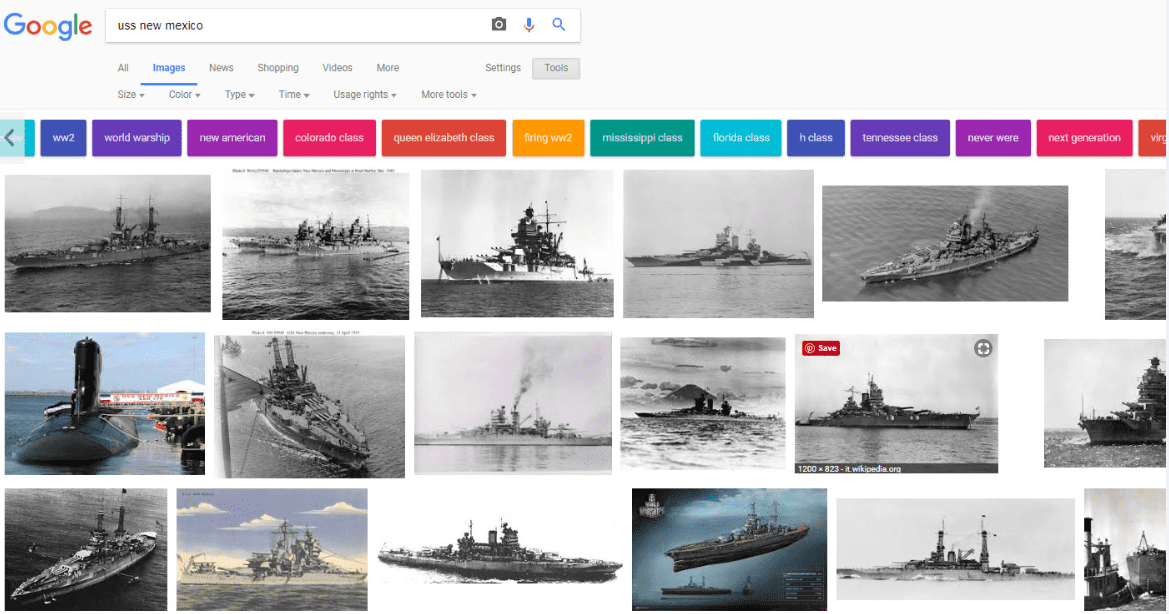Introduction: In this article, Gena Philibert-Ortega shows three websites where genealogists can find copyright-free images to illustrate their family history. Gena is a genealogist and author of the book “From the Family Kitchen.”
Telling the story of your family’s history means much more than compiling names, dates, and places. Family storytelling takes dull, boring text and enhances it with images that help your reader (family) better understand the place, era, and events that impacted your ancestor’s life.
Obviously, personal photos of ancestors help descendants put a name to a face, but there are so many other types of images you could be using. What about photos of where they lived, the school they attended, the church they were married in, or where they served in the military? These types of images help you set the stage for the story you are telling and help the reader better understand a story that is far removed historically from their present-day life.

So where can you find images to enhance your family history storytelling? The following three websites can help you get started.
Flickr The Commons
Flickr The Commons has this mission statement on its homepage: “The key goal of The Commons is to share hidden treasures from the world’s public photography archives.” With participating repositories worldwide, including the website Internet Archive, providing historical photos with “no known copyright restrictions,” there are plenty of images to be found to illustrate your family history.
As an example, let’s say your grandmother was a Rosie the Riveter during World War II. Although you know little of her work during this time, you’d like to show her descendants some of the factory work done by women of this era. By searching on the keywords “World War II” you would find many examples courtesy of the Library of Congress, including this one.

I would encourage you to try various keywords in you searches, including place names and events. Otherwise, my only warning about using Flickr The Commons is to make sure you are searching just The Commons and not Flickr as a whole, to make sure you are using copyright-free images. You can do this by skipping the search engine at the top right of the website. Choose the search engine found in the middle of the homepage that says “Search The Commons.”
The Library of Congress, Prints and Photographs Online Catalog
The Library of Congress, Prints and Photographs Online Catalog includes “catalog records and digital images representing a rich cross-section of still pictures held by the Prints & Photographs Division and, in some cases, other units of the Library of Congress.” This is a large collection of images; however, not all are available as a download and in some cases there is a fee to obtain copies. Also, the website reminds you that “rights assessment is your responsibility” meaning that you may have to ask a copyright holder about using the image for anything but personal study.

With that being said, this collection is diverse and includes everything from Civil War daguerreotypes to the photos of Dorothea Lange and Ansel Adams documenting the Dust Bowl migrants and Japanese internment camps while they were working for the federal government. Images include photographs, illustrations, posters and drawings, and many of the images are in the public domain.
Besides perusing their photograph collection, consider searching their collection of World War I posters to help tell the story of your soldier or family living on the home front, or use their collection of 2,000 digitized baseball cards spanning 1887-1914 to get an idea of what your grandfather’s baseball card collection might have included.
Google Images
This third website is not an image collection but really an image search: Google Images. Google Images is a great place to search for that image of your ancestor’s hometown, the navy ship he was assigned to, or the earthquake they survived. A search on Google Images can be done via a keyword phrase or you can use the camera icon to search using an image. This is a good option if you’re looking for other copies of an image you already own or similar images. All you do is click on the camera to the right of the search box and enter an image’s URL address or upload an image from your computer.
It’s important to remember that you can’t just use images you find online; you will first need to assess copyright and ownership of the photos you find. Google Images allows you to sort your results by usage rights (found by clicking on Tools>Usage rights, in your results list) but you still need to determine copyright before you use any photo found on the Internet. When in doubt, ask the person who uploaded the image to the website.
One of the ways I’ve used Google Images is to search for photographs of the navy ship my paternal great-grandfather was assigned to in 1918, the USS New Mexico. A search on the phrase “USS New Mexico” provides me with examples that I can then narrow to get the results that show the ship during his time in the U.S. Navy.

What Images Tell Your Family History?
Think beyond just including portrait images or casual snapshots of your ancestors in your family history; think more like a historian, illustrating a history. Your family will enjoy your hard work more if they can experience the time periods and lives of your ancestors by envisioning their world.

This resource sounds very interesting! What a pleasant addition to family histories!
I agree Elwood and I think our non-genealogist family members find our work much more interesting than reading about a bunch of names and dates. Thanks so much for taking the time to comment!
Gena
Your article contained information I needed: where to find images, and checking usage rights. I have newspaper clippings but the photos take up large sections of the newspaper page, and often are difficult to copy. Often, I cannot find the exact newspaper and/or date, so I am limited on how to duplicate them.
One thing to try with those newspaper clippings you own is to do a Google search on a sentence found in the clipping (try for something that would be unique) and see if you are able to find the newspaper that way.
Thank you for taking the time to read and comment about the article, Alison. I appreciate it.
Good luck!
Gena